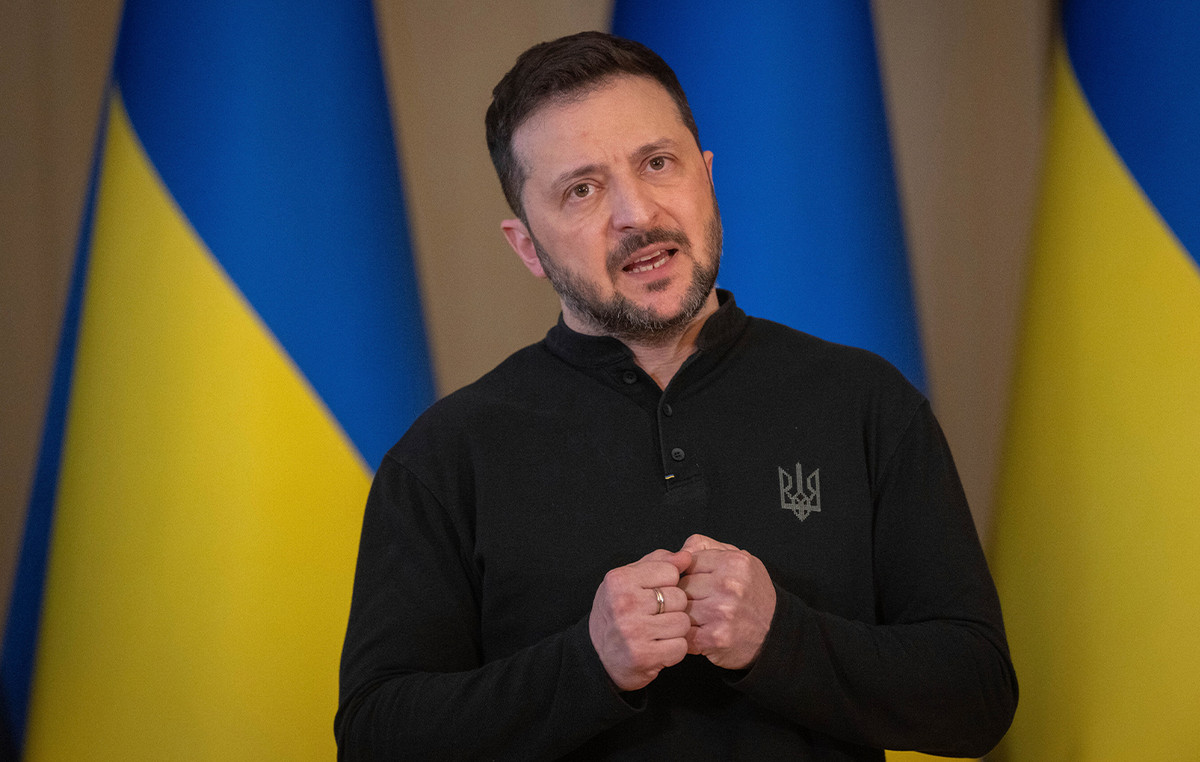The citizens of 971 municipalities, almost 9 million people, are called to vote on Sunday to renew local administrations. All those entitled to vote in Italy (there are 51,533,195, 25,039,273 men and 26,493,922 women) are called to vote for the five referendums on justice.
Times
The polling stations are open only on Sunday 12 June, from 7 to 23. The counting from the referendum starts first. From 14 on Monday 13 there is instead the counting of the ballots for the Municipal and any district elections.
Referendum
There are 5 referendum questions. The theme is one: justice. They ask whether to repeal five laws. The yes eliminates the law, the no keeps it. You can decide whether to vote for one, more than one or all questions. You can also decide not to vote by refusing the ballots if you go to vote in the administrative ones instead. Whoever does not collect the ballots is not counted as a voter for the referendum, whoever withdraws the ballots, but does not even go into the polling station and returns them to the polling station, sees the ballots canceled, but is counted as a voter. Because it’s important? Because to be considered valid, each of the questions must reach the quorum, that is, at least 50% + 1 of those entitled to vote must go to vote. The questions concern separation of magistrates’ careers, pre-trial detention, signatures for candidates to the CSM, judicial councils, Severino law for incandiability. Tabs are color coded: red, orange, yellow, gray and green.
Where to vote
All of Italy votes for referendums. The administrative votes are held in four regional capitals: Genoa, Palermo, Catanzaro and L’Aquila. On the other hand, there are 22 provincial capitals that renew the administration: Alessandria, Asti, Barletta, Belluno, Como, Cuneo, Frosinone, Gorizia, La Spezia, Lodi, Lucca, Messina, Monza, Oristano, Padua, Parma, Piacenza, Pistoia, Rieti, Taranto, Verona and Viterbo.
Papers
To vote you need to present the electoral card. If it is complete or if it has been lost, it can be requested from the electoral office of the municipality, which is always open on the day of the vote. Also serves a identity document.
Content
This content can also be viewed on the site it originates from.
How to vote
For referendums you vote by drawing a sign on yes or no. For the administrative ones instead:
In the municipalities with more than 15 thousand inhabitants you vote with the two-round majority electoral system. A mark can only be made on the symbol of a list, which also applies to the candidate for mayor it supports. Or you can make a mark only on the name of the candidate for mayor, in this case the vote does not go to the lists. There is also separate voting: a statutory auditor and a list not connected to him. Two preferences can be expressed for list candidates, if they are two to be valid they must concern candidates of different sexes. The candidate who obtains the absolute majority of votes is elected mayor in the first round. If no one exceeds the threshold of 50% plus one of the votes, on June 26, the two candidates who obtained the highest number of preferences in the first round go to the ballot. Whoever gets the most votes is then elected mayor.
In the municipalities under 15 thousand inhabitants the vote is expressed by drawing a sign on the identification of the list or on the name of the candidate for auditor. Separate voting is not possible and the statutory auditor’s votes go to the linked list. Municipalities with less than 5000 inhabitants can express a preference for a candidate for the city council. For municipalities between 5,000 and 15,000 inhabitants, two preferences can be expressed which must be of different sex, otherwise the second preference will be canceled. The candidate who obtains the highest number of votes is elected mayor. There is a ballot only in the event of a tie between two candidates. In the event of a further tie, the eldest is declared elected. 2/3 of the available seats go to the list that supports the elected mayor, the rest go in proportion to the other lists.
Anti-Covid procedures
There is no mask requirement for voters, but they are strongly recommended. The sense of responsibility of each voter is appealed: not to go to the polling station in case of symptoms or with temperatures above 37.5 ° C.
– Referendum: A (recent) history of missed quorums
– From Claudio Cecchetto to Damiano Tommasi, the VIP candidates for the administrative offices
Source: Vanity Fair







